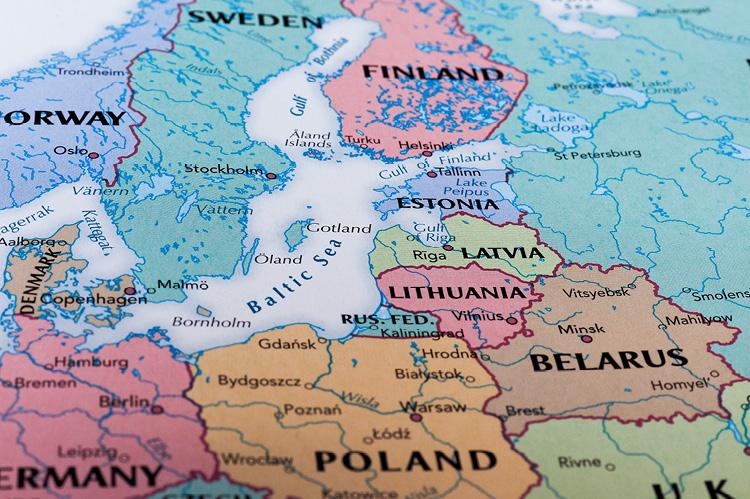TSOs Complete Pre-feasibility Study of 2500-Km Nordic-Baltic Hydrogen Pipeline Corridor

Six gas transmission operators (TSOs) have announced today the successful completion of a pre-feasibility study for the 2,500-kilometer Nordic-Baltic Hydrogen Corridor (NBHC).
The ambitious project aims to transport up to 2.7 million tonnes of green hydrogen annually between Finland, Estonia, Latvia, Lithuania, Poland, and Germany by 2040.
According to the pre-feasibility study, the NBHC could be one of Europe's first cross-border hydrogen pipelines. It provides a comprehensive framework covering technical, legal, organizational, and economic aspects necessary for its realization.
Building on this success, the TSOs involved will now begin work on a feasibility study for the Important Project of Common European Interest (IPCEI). This study will delve deeper into the project's technical analysis, commercial and economic assessment, and implementation timeline.
"The cross-border, organic cooperation between producers, transporters, and consumers will be a crucial building block for the success of the energy transition in Europe," the project partners explained.
Kalle Kilk, Chairman of the Board at Estonia's Elering, emphasized the importance of the project for energy security, adding that "Additional connections with neighboring countries will increase energy security and enable Estonia and Europe in general to reduce dependence on energy imports from third countries."
Other partners participating in the NBHC include Gasgrid Finland, Latvian Conexus Baltic Grid, Lithuania's Amber Grid, Polish GAZ-SYSTEM, and Germany's ONTRAS. They launched the pre-feasibility study in January.
Germany, the final destination of the planned pipeline, is ramping up its hydrogen efforts to help the country transition to low-emission and zero-emission alternatives critical for meeting its Net Zero targets.
The German cabinet recently approved an updated national hydrogen strategy, doubling the country's 2030 electrolysis capacity target from 5GW to 10GW. Germany forecasts its 2030 hydrogen demand to reach 95-130TWh, with 50-70% met by imports.
